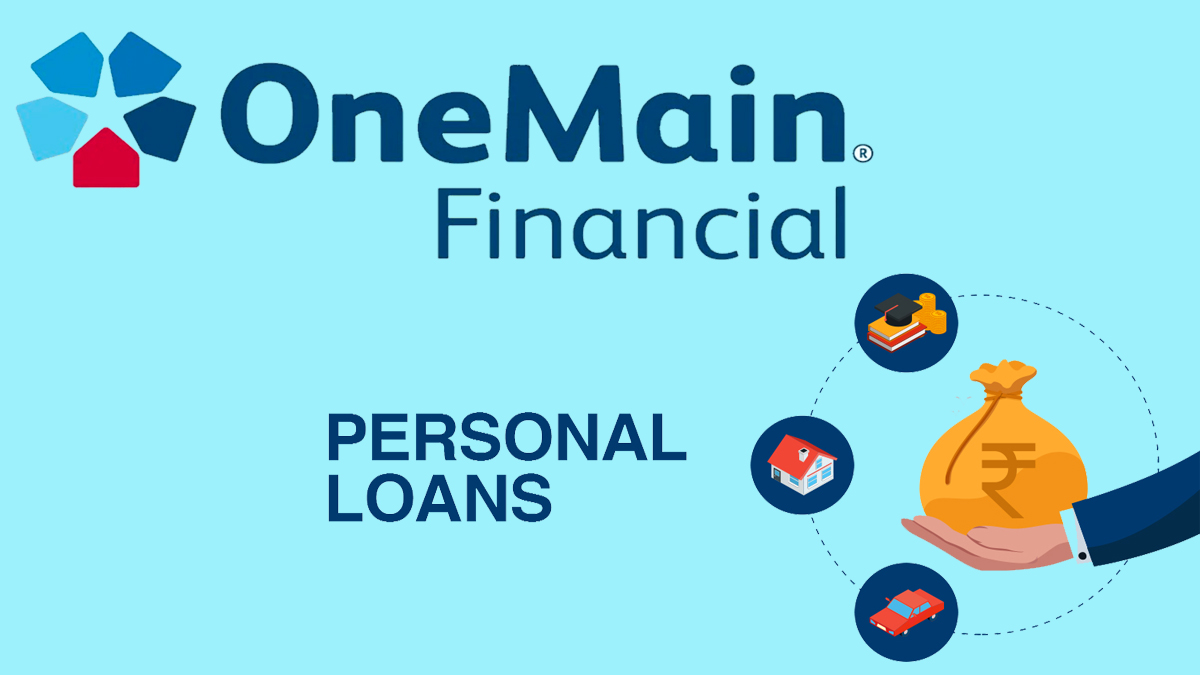Are you disabled but in dire need of cash? If yes, then you’ve come to the right place! In this article, we’ll explore the ins and outs of disability loans, from what they are to how they can provide much-needed financial support for individuals with disabilities.

However, keep in mind that applying might not be a very easy process because you need to be eligible and qualified before your loan request can be granted. But fret not, as here you’ll be getting a guide on how to go about your loan application.
What Are Disability Loans?
A disability loan is a form of personal loan designed to assist borrowers in covering essential expenses such as mortgage payments, groceries, and bills when their disability impedes their ability to work.
In addition, short-term financing needs can be addressed through a disability loan, providing financial support during the period while the Social Security Administration (SSA) processes your application.
However, it’s important to note that disability loans should not be seen as a substitute for disability benefits.
How Does It Work?
Similar to other personal loans, disability loans provide comparable services but place greater emphasis on addressing the needs of individuals living with disabilities.
However, the amount you are approved for depends on your ability to repay the loan and your disability income.
Before approval, lenders will conduct a thorough examination of your financial status. Once your expenses, sources of revenue, and monthly income from disability benefits are assessed, your optimal loan amount will be determined.
Also, it’s important to note that interest rates and repayment terms can vary among lenders. Some may offer competitive rates, underscoring the importance of comparing options before making a decision.
Pros and Cons
While a loan could be really useful, especially in emergencies, there are several advantages and disadvantages to applying for a disability loan. They include:
Pros:
- Quick funding.
- Accessibility.
- Competitive rates.
- Customizable solutions.
- Convenience.
- Quick relief.
- Online application is possible.
- On-time payments can build your credit score.
Cons:
- Possible loss of collateral.
- Payday risk.
- High-interest rates.
- Short repayment terms.
- Consequences if you default.
- An alternative option can be a better idea.
- Difficulty applying if you have no or low income.
- Debt cycle danger.
- Possible exploitation.
- You may end up overborrowing.
How To Qualify
Eligibility criteria for a disability loan vary between lenders and are not set in stone. However, a fundamental requirement is providing proof of disability, typically in the form of certification or documentation from a reputable medical institution or professional, outlining the nature and duration of your disability.
This evidence assures the lender of the borrower’s disability challenges. In addition, income verification is essential, as you’ll be relying on disability benefits to repay the loan.
Proof of regular income, such as direct deposit records or benefit statements, is necessary for this purpose, allowing the lender to assess your repayment capacity.
However, in some cases, lenders may also review applicants’ credit histories to evaluate their creditworthiness.
How To Apply for a Disability Loan
Applying for a disability loan is pretty easy. Here is how to go about it below:
- Prepare the required information.
- Research and compare lenders.
- Review your credit report.
- Begin the application process.
- Wait for approval.
After you submit your application, either physically or online, the lender will go through your application and review it.
They will also carry out verification checks and the necessary credit checks. If you are approved, read the loan’s terms and agreement before accepting it.
Alternatives to Disability Loans
While disability loans can help cover basic expenses if you’re disabled, there may be alternative options better suited to your needs.
If you find yourself not meeting the borrowing eligibility criteria, exploring other available options is advisable. Some alternatives to consider include:
- Private grants.
- Government assistance programs.
- Housing assistance programs.
- Community resources.
- Worker’s compensation.
- SNAP program.
- Loans from friends and family.
- Cash advances.
- Credit union loans.
- Disability insurance.
- Payday loans.
All of these options are excellent alternatives if you are finding it hard to qualify for or get a disability loan from any lender.



